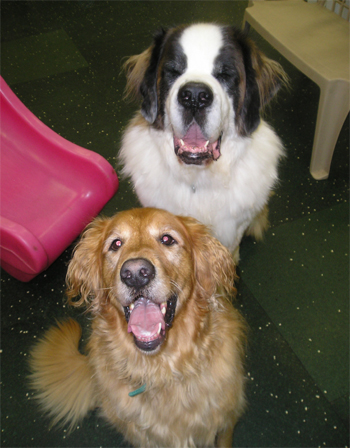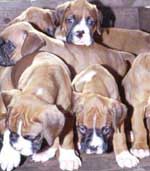|
The Respiratory
System
The primary function of the respiratory
system is the exchange of oxygen, which is needed by the body's
cells, for carbon dioxide, which is produced as a waste product of
cellular metabolism.
Secondary functions of the respiratory system
include voice production, body temperature and acid-base regulation,
and the sense of smell.
The structure
of the respiratory system consists of the lungs and a complex system
of tubes that connects them with the outside world.
The function
of the respiratory system depends on some basic physical and body
control mechanisms to move air in and out of the lungs, and move
oxygen and carbon dioxide in and out of the blood.
| 




